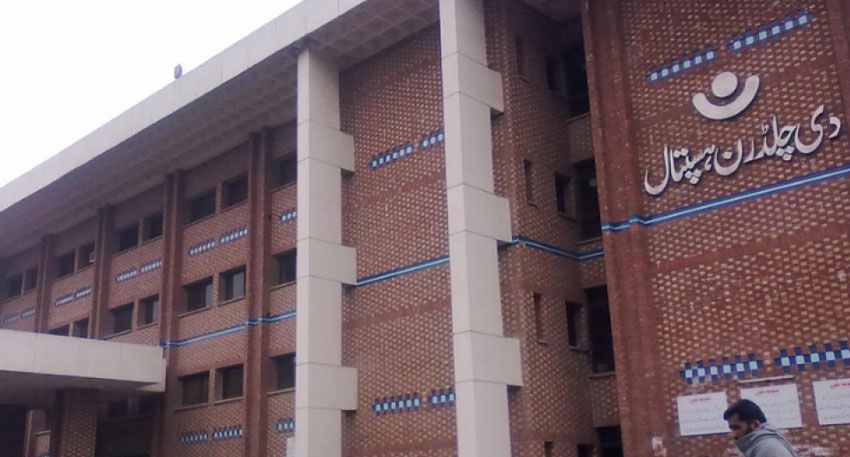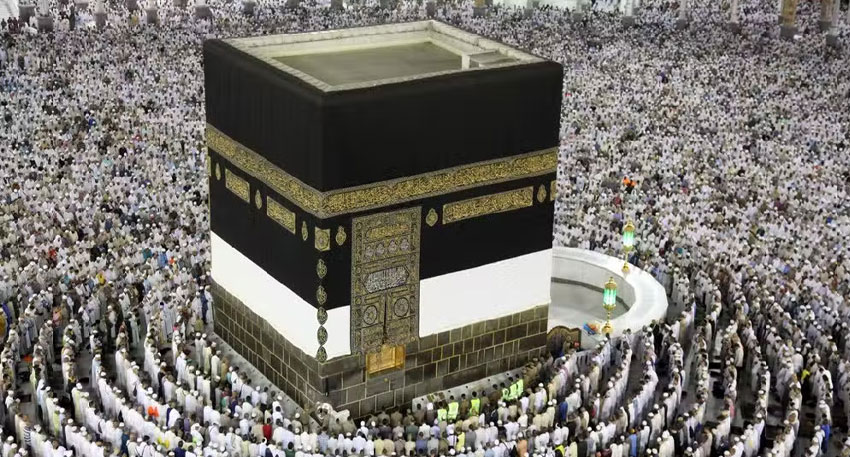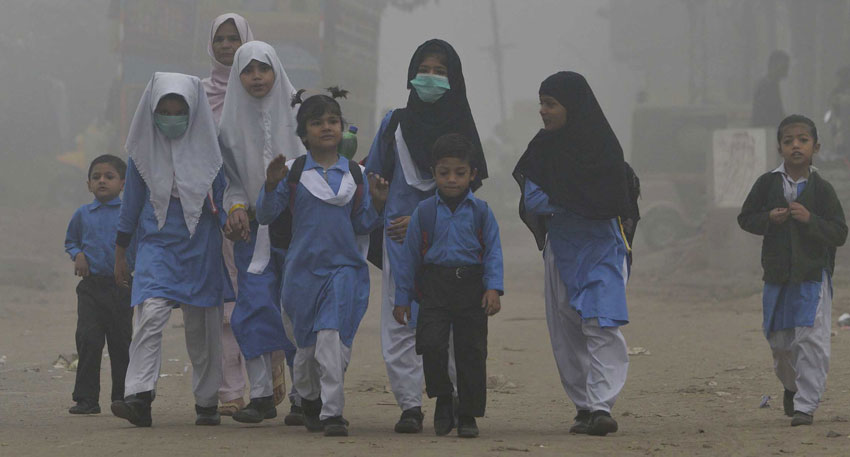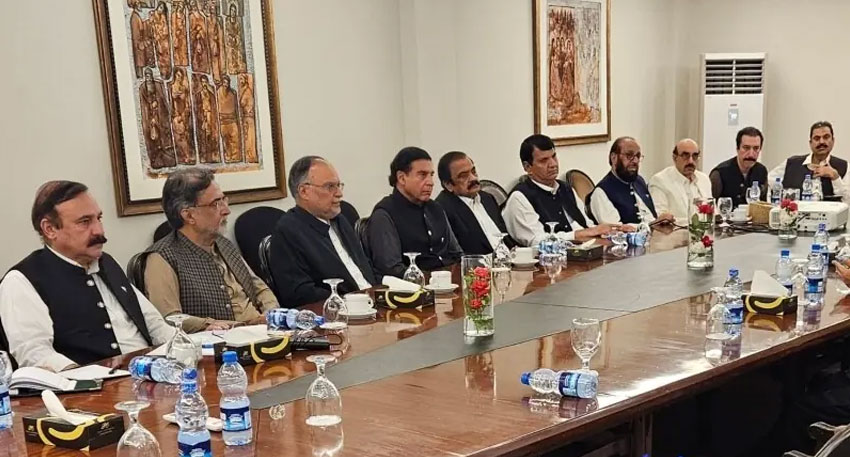
Punjab is poised for a major transformation in public healthcare as the provincial government rolls out a series of groundbreaking medical projects under the vision of Chief Minister Maryam Nawaz Sharif.
Presiding over a high-level meeting at the Specialized Health Care and Medical Education Department on Friday, Punjab Health Minister Khawaja Salman Rafique announced what he described as "revolutionary and historic steps" to improve healthcare accessibility across the province.
“These are not ordinary upgrades—we are building a completely new healthcare ecosystem for Punjab,” said Rafique. “Our priority is to bring modern, high-quality medical care to every citizen’s doorstep.”
A health city in the making
At the heart of the initiative is the ambitious Nawaz Sharif Medical District project, which will be established in Lahore. The project includes a range of specialised institutions designed to cater to the needs of both urban and rural populations.
Among the planned facilities are:
- Children’s Hospital 2 and Institute of Genetic and Blood Diseases
- Institute of Surgical, Orthopedic and Medical Rehabilitation
- Center of Excellence for Nursing Education
- Specialised Medical and Cardiac Hospitals
- A new Medical University
- A state-of-the-art Diagnostic Laboratory
Together, these institutions aim to relieve pressure on existing hospitals, reduce patient waiting times, and introduce cutting-edge medical technologies into the public sector.
“The people of Punjab deserve hospitals where they’re treated with dignity, where resources aren’t stretched thin, and where modern diagnostics and treatments are standard—not a privilege,” said a senior health official.
Monitoring and fast-track implementation
Secretary Azmat Mahmood Khan, head of the Specialized Health Care and Medical Education Department, assured full transparency and efficiency in the rollout. He confirmed that a dedicated team of officers will regularly monitor progress on the Nawaz Sharif Medical District project.
Meanwhile, the Infrastructure Development Authority of Punjab (IDAP) has been instructed to begin groundwork immediately to avoid bureaucratic delays.
A citizen-centered approach
Healthcare activists have welcomed the announcement, calling it a long-overdue shift in priorities. “This could be a game changer, especially for middle and lower-income families who often struggle to access quality care,” said Dr. Nadia Aftab, a public health advocate based in Lahore.
With billions being invested and a renewed political will to uplift public health infrastructure, the Punjab government is aiming not just for development—but for dignity, equity, and access in healthcare.
Also Read: Punjab ends free vehicle emission testing, introduces new fee structure to curb pollution
“This is just the beginning,” Minister Rafique promised. “Under the leadership of Chief Minister Maryam Nawaz, we are setting the foundation for a healthier, stronger Punjab.”




